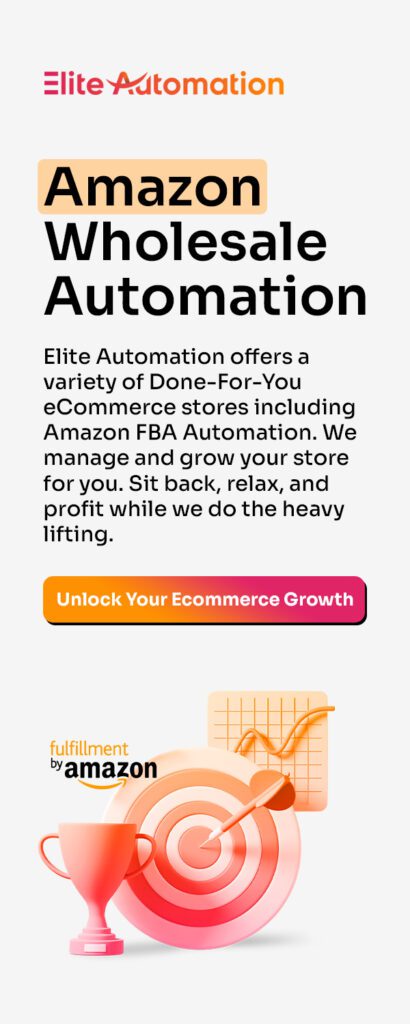Private label brands have become a significant part of the Amazon marketplace, and their influence continues to grow in 2024. In this article, we’ll delve into the world of Amazon’s private label brands and explore their impact on FBA (Fulfillment by Amazon) sellers for the year.
The Rise of Amazon’s Private Label Brands
Amazon has been steadily expanding its portfolio of private label brands over the past few years. These are brands owned and operated by Amazon itself, covering a wide range of product categories, from electronics to fashion, groceries, and more. Amazon’s private label brands often feature prominently in search results and recommendations, making them a force to be reckoned with in the e-commerce landscape.
Impact on FBA Sellers in 2024
As we enter 2024, FBA sellers are experiencing both challenges and opportunities related to Amazon’s private label brands:
Increased Competition: Amazon’s private label brands directly compete with third-party sellers on the platform. This can make it more challenging for FBA sellers to stand out and capture market share.
Algorithm Changes: Amazon’s search algorithms may prioritize private label products, potentially affecting the visibility of third-party seller listings.
Price Pressures: Private label products often come with competitive pricing, putting pressure on third-party sellers to adjust their pricing strategies.
Product Niches: Amazon continues to expand its private label offerings, potentially encroaching on niche markets that were previously dominated by FBA sellers.
Coexistence: FBA sellers may find opportunities to coexist with Amazon’s private label brands by offering unique value propositions, such as superior customer service, niche expertise, or differentiated product quality.
Strategies for FBA Sellers in 2024
To thrive in an environment where Amazon’s private label brands are prominent, FBA sellers can consider the following strategies:
Niche Focus: Concentrate on niche markets or products that are less likely to be targeted by Amazon’s private labels.
Quality Differentiation: Emphasize the quality and unique features of your products to set them apart from generic private label offerings.
Branding: Build a strong brand presence on Amazon, including compelling product listings, high-quality images, and positive customer reviews.
Customer Service: Provide exceptional customer service to earn loyal customers who value your personalized support.
Diversification: Explore selling on multiple e-commerce platforms and channels to reduce reliance on Amazon.
Data Analysis: Continuously analyze data and trends to identify opportunities and adjust your product offerings accordingly.
Final Thoughts
Amazon’s private label brands are a significant player in the e-commerce landscape, and their influence will continue to shape the FBA seller experience in 2024. By adopting smart strategies, FBA sellers can navigate the competitive landscape, find their niche, and succeed alongside Amazon’s private label brands.
FAQs
Q: Are Amazon’s private label brands available in all countries and regions?
A: Amazon’s private label brands may vary in availability by region. Some brands are only accessible to customers in specific countries.
Q: How can FBA sellers stay competitive against Amazon’s private label products in 2024?
A: FBA sellers can focus on differentiation, branding, niche markets, and exceptional customer service to stand out and compete effectively.
Q: Are there any advantages to selling alongside Amazon’s private label brands?
A: Yes, FBA sellers can coexist with Amazon’s private labels by offering unique value propositions and capitalizing on their expertise in niche markets.
Q: What are some examples of successful strategies implemented by FBA sellers to counter the influence of private label brands?
A: Successful strategies may include product differentiation, bundling, offering exclusive warranties, and creating unique product bundles.
Q: How can FBA sellers effectively track changes in Amazon’s algorithms and adapt their strategies accordingly?
A: Utilize Amazon Seller Central tools and third-party software for data analysis, keyword tracking, and monitoring changes in search algorithms. Staying informed about Amazon’s policy updates is also essential.


